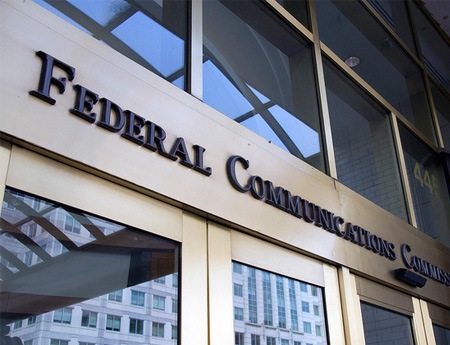INCOMPAS Challenges Charter/TWC Program Price Benefit

The smarter way to stay on top of broadcasting and cable industry. Sign up below
You are now subscribed
Your newsletter sign-up was successful
INCOMPAS, which represents competitive telecom carriers, has taken aim at Charter's claim that one benefit of the Time Warner Cable deal is the program costs savings that will result, savings some of which will be passed on to customers.
In an ex parte letter to the FCC on the proposed Charter/TWC/Bright House merger, INCOMPAS was offering up an economist, Dr. David Evans, to refute the an economist offered up by Charter, professor Michael Katz.
INCOMPAS (formerly Comptel) and Evans do not challenge Katz' contention of a programming price break, but say in the filing that the result of that price break is that that will disadvantage competitors because the programmers will compensate by charging more to those who do not have the same scale--like INCOMPAS members.
That, in turn, it says, would both raise prices and hurt deployment of broadband--the FCC's prime directive under chairman Tom Wheeler and President Barack Obama. "New Charter's increased market power over video programmers resulting from the merger would discourage entry and expansion by smaller broadband providers that would otherwise compete against Charter or Time Warner Cable for customers," INCOMPAS said.
That is because, they argue, the more they have to pay in video programming costs, they less they are going to put out in capital expenditures in new broadband plant.
INCOMPAS wants the FCC to deny the application of designate it for a hearing before an Administrative Law Judge, which would likely be as good as denying it--Comcast dropped its bid for TWC after the FCC signaled it would go to a hearing.
In a blog post on the INCOMPAS filing Tuesday (Jan. 19), Charter points out that the FCC in the AT&T/DirecTV merger approval found that lowering programming prices via that merger--which created an MVPD with more subs that would a Charter/TWC/Bright House deal--was a merger benefit.
The smarter way to stay on top of broadcasting and cable industry. Sign up below
Charter suggests INCOMPAS has it backwards. "INCOMPAS makes the classic merger analysis mistake of confusing harm to New Charter’s competitors with harm to competition," it said. "According to INCOMPAS, New Charter’s competitors will invest less in broadband deployment because New Charter can offer lower prices. But aren’t lower prices good for consumers and competition? By INCOMPAS’ logic, mergers would be good if they result in higher prices because that would encourage investment by new entrants. That kind of spin does not pass the laugh test."
Contributing editor John Eggerton has been an editor and/or writer on media regulation, legislation and policy for over four decades, including covering the FCC, FTC, Congress, the major media trade associations, and the federal courts. In addition to Multichannel News and Broadcasting + Cable, his work has appeared in Radio World, TV Technology, TV Fax, This Week in Consumer Electronics, Variety and the Encyclopedia Britannica.

